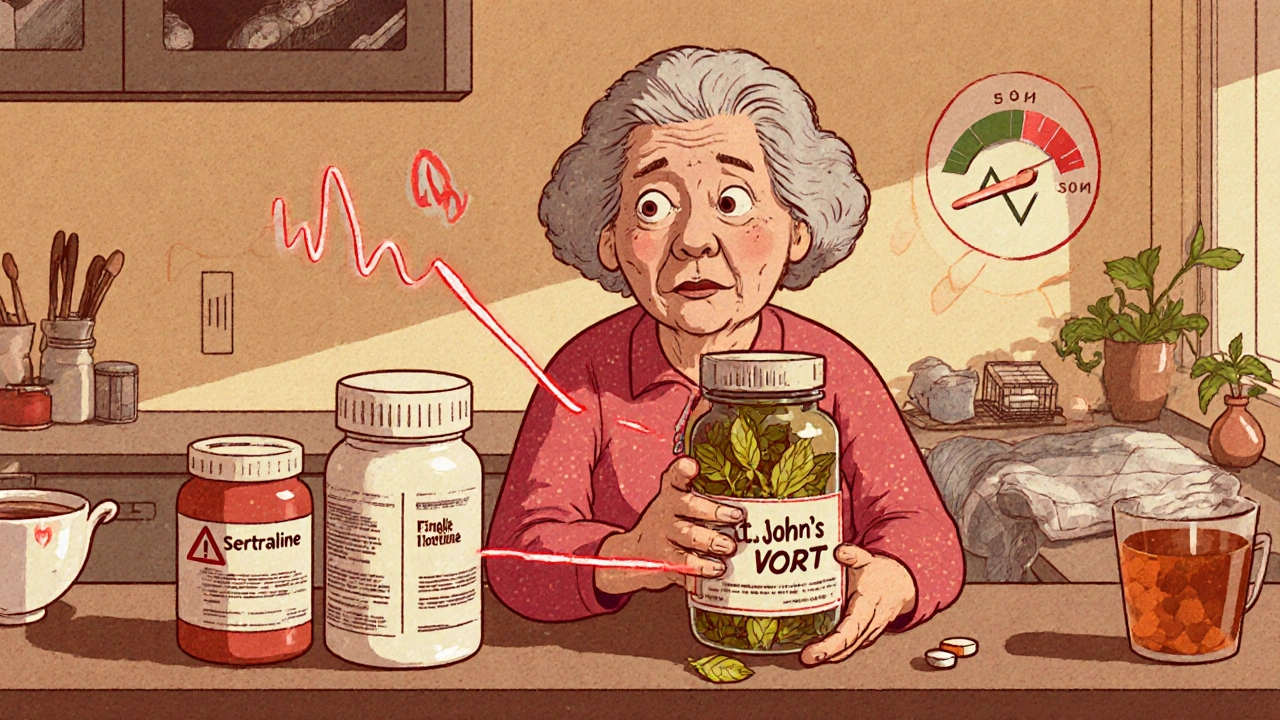Ginkgo Biloba: Benefits, Uses, and Natural Alternatives to Know
When people look for a natural way to support memory or focus, Ginkgo biloba, a traditional herbal supplement derived from the leaves of the ancient ginkgo tree, often used for cognitive support and blood flow. Also known as maidenhair tree extract, it’s been used in Chinese medicine for over a thousand years and is now one of the most popular botanicals in the U.S. for brain health. Unlike synthetic nootropics, ginkgo biloba doesn’t promise instant results—it works slowly, over weeks, by improving circulation to the brain and protecting cells from oxidative stress. Studies, including those reviewed by the National Center for Complementary and Integrative Health, show mixed but promising results for older adults with mild memory issues, though it’s not a cure for dementia.
People don’t take ginkgo biloba just for memory. Many use it for tinnitus, dizziness, or poor circulation in the legs—conditions tied to reduced blood flow. It’s often paired with other herbs like St. John’s wort, a plant-based mood support option commonly used as an alternative to antidepressants or omega-3 fatty acids, essential fats that support brain structure and reduce inflammation. But here’s the catch: ginkgo biloba isn’t regulated like prescription drugs. That means potency, purity, and even whether it contains real ginkgo can vary wildly between brands. Some supplements are cut with fillers, while others have inconsistent levels of the active compounds, flavonoids and terpenoids. If you’re considering it, look for standardized extracts labeled 24% flavonoid glycosides and 6% terpene lactones—the doses used in most clinical trials.
It’s not safe for everyone. Ginkgo biloba can thin your blood, so if you’re on aspirin, warfarin, or even fish oil, talk to your doctor first. It can also interfere with blood sugar control, making it risky for diabetics using medications like Actos (pioglitazone), a diabetes drug that affects insulin sensitivity. And while some people swear by it for focus, others report headaches or stomach upset. If you’ve tried it and felt nothing, you’re not alone—research shows it works best for specific groups, not everyone. That’s why the real value isn’t in taking ginkgo biloba blindly, but in understanding how it fits into a bigger picture of brain health: sleep, movement, hydration, and reducing inflammation. The posts below cover exactly that—real comparisons between ginkgo and other natural options, what science actually says, and how to avoid dangerous combinations with prescription meds. You’ll find no hype here—just clear, practical info on what works, what doesn’t, and what to watch out for.

- 15 Comments
Many herbal supplements can dangerously interact with common prescription drugs like blood thinners, antidepressants, and statins. Learn which ones are risky, how they affect your meds, and what to do to stay safe.
